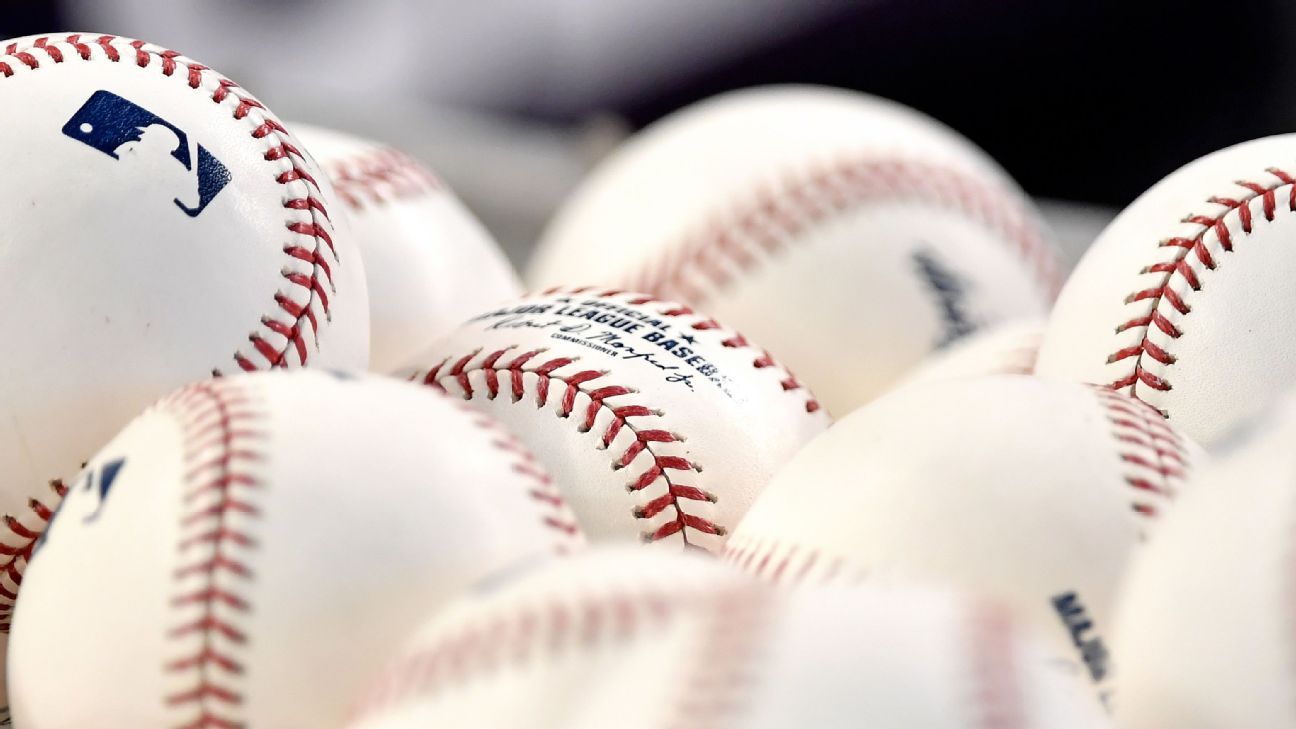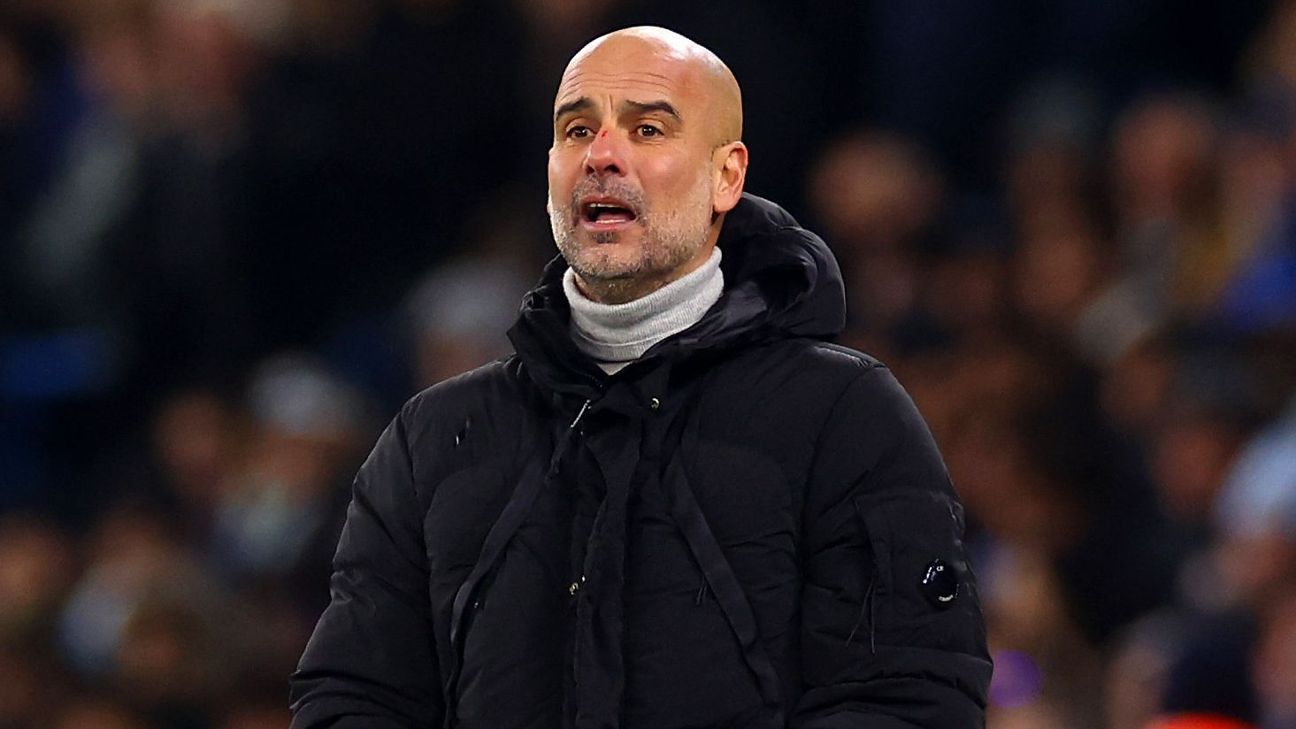
The Department of Justice, making a request on behalf of three former minor league teams suing Major League Baseball after the league stripped them of their affiliation, asked a federal court Wednesday to limit the antitrust exemption given to MLB.
The three teams suing MLB were among 43 that lost their affiliation when the league downsized the minors to 120 teams in 2020.
MLB has asked that the lawsuit be dismissed, citing the antitrust exemption. In the filing with the U.S. District Court in New York, the Justice Department asked the court to "define the exemption narrowly."
MLB declined to comment when reached by ESPN.
The DOJ's request marks the latest in increasing scrutiny toward the century-old Supreme Court decision given to the league. Sen. Bernie Sanders of Vermont introduced legislation in March to strip MLB of its exemption entirely, while Sens. Mike Lee of Utah and Jeff Duncan of South Carolina introduced a bill, also to remove the exemption, that is being considered.
Of the four major sports in America, baseball is the only one that possesses an antitrust exemption. MLB has operated with the exemption since 1922 after the U.S. Supreme Court decided the league could suppress wages and make business decisions operating outside of anti-monopoly rules.
Without the exemption, teams could decide to move cities without consulting the league. The antitrust exemption also prevents minor league players from pursuing opportunities in other leagues. Advocacy groups have argued that minor league salaries would increase if teams competed for players, something that can't happen with the exemption in place.
In a Supreme Court ruling in 2021, Justice Neil Gorsuch questioned the legal status of baseball's antitrust exemption, citing the changes in the market since the initial ruling was made in 1922. The Supreme Court has said that baseball wasn't subject to antitrust rules because it was a series of exhibitions and not interstate commerce.
The Supreme Court has twice upheld that decision, in 1953 and 1972.















 Phone: (800) 737. 6040
Phone: (800) 737. 6040 Fax: (800) 825 5558
Fax: (800) 825 5558 Website:
Website:  Email:
Email: 






